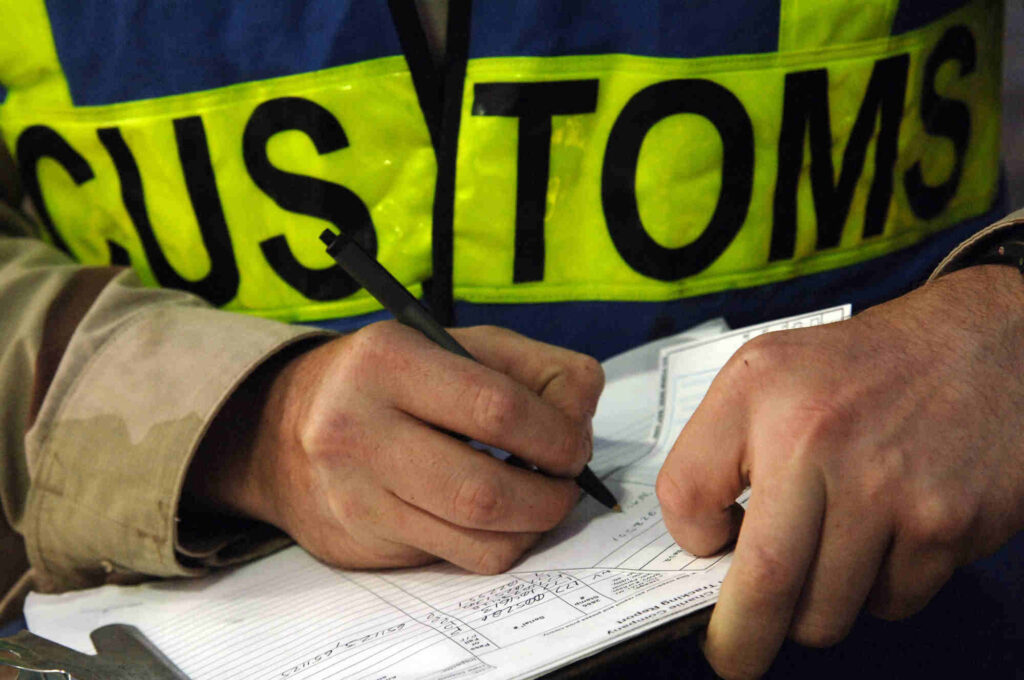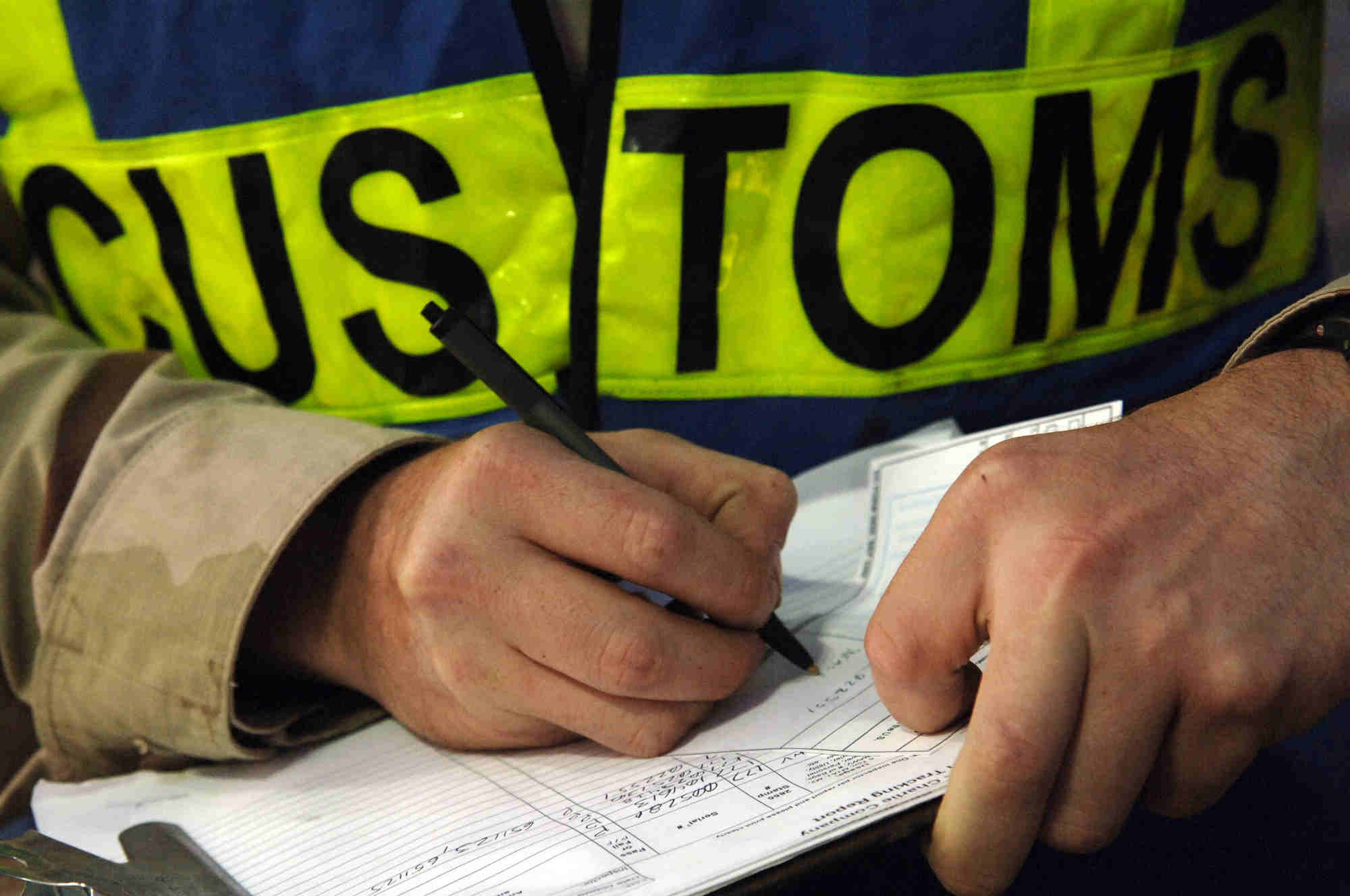Uh oh. Did you just become a target?
Around this time of year, many customs brokers inform a list of posted CBSA target compliance priorities for their clients to see, and with a deep satisfaction of a job well done, they pat themselves on the back.
But what does this list of items really mean?
How did they come about?
And the most burning question: Did you just become an unknowing target for a Customs audit?
Why do we have duties on imported products?
The first step is to understand why we have duties on imported products.
1. Protect a Country’s Own National Product
First duties are often imposed to protect a country’s own national product and can go back years or decades. For example, Canada as a traditional farming and agricultural producer has high duties on wheat and up to 298.5% duty on butter, as well as 8% duty on pickles (specifically, pickled cucumbers).
2. Manage the amount of Trade with Another Country
Another reason for duties may be to manage the amount of trade with another country, also known as trade imbalance. Trade imbalance could mean more of a country’s currency/wealth being transferred to another country then being returned, over time resulting in a profit loss scenario where the other country becomes more wealthy while the home country declines. An easy example of this is China drawing wealth from the US and many other countries. This is not even close to the entire story of a trade imbalance, as there are many factors and we’re totally oversimplifying here so we’ll share more about this another time.
3. A Lack of Duty
A third reason for duties can actually be the lack of duty in specific cases with the intent of strengthening the local economy for that product if not produced locally but in high need or high demand.
So is this why we have Customs Audits?
While not exhaustive, these reasons provide the motive for the direction of Customs audits to enforce trade initiatives, but also may help level the playing field between competitors who may or may not be playing by the rules, as well provide a source of income to finance border protection.
Unfortunately the human component of tariff classification can involve differences in opinion, interpretation of the rules, interpretation of the English description of a product, and sometimes even just an exhausting day resulting in an unfortunate decision loaded into a database and then used by all for years to come.
Take for example, a certain snack product that was imported and the invoice used a description including the word box–Cheetos box, classified as a duty free box rather than the dutiable snack, and used by everyone for years. A quick decision to rate a one time import under a targeted classification leading to an audit and putting the entire importer’s compliance under the microscope.
Another factor can be that in our increasingly complicated and busy world, overwhelmed staff may be exhausted and make a semi-conscious decision to classify your product under a natural duty free tariff rather than the dutiable tariff. Leading to the further work of requesting a certificate of origin, calling / requesting more info to be sure, or speaking to a client about the uncomfortable situation of unexpected duties to be paid.
Don’t become a Customs Target
This is why it’s so important for your current broker to not be afraid to tell you that you may need to pay duty. Because ultimately, that could set you up for penalties, interest, or an audit that is time consuming and expensive.
Let’s not forget the added collateral damage of scrutiny on other products you bring in.
Here is a nice list of targeted products from customs with no context but stay tuned there will be more to come. Click here: https://www.cbsa-asfc.gc.ca/import/verification/menu-eng.html
You may also want to check out our latest blog: Top Importing Mistakes to Avoid when Shipping

